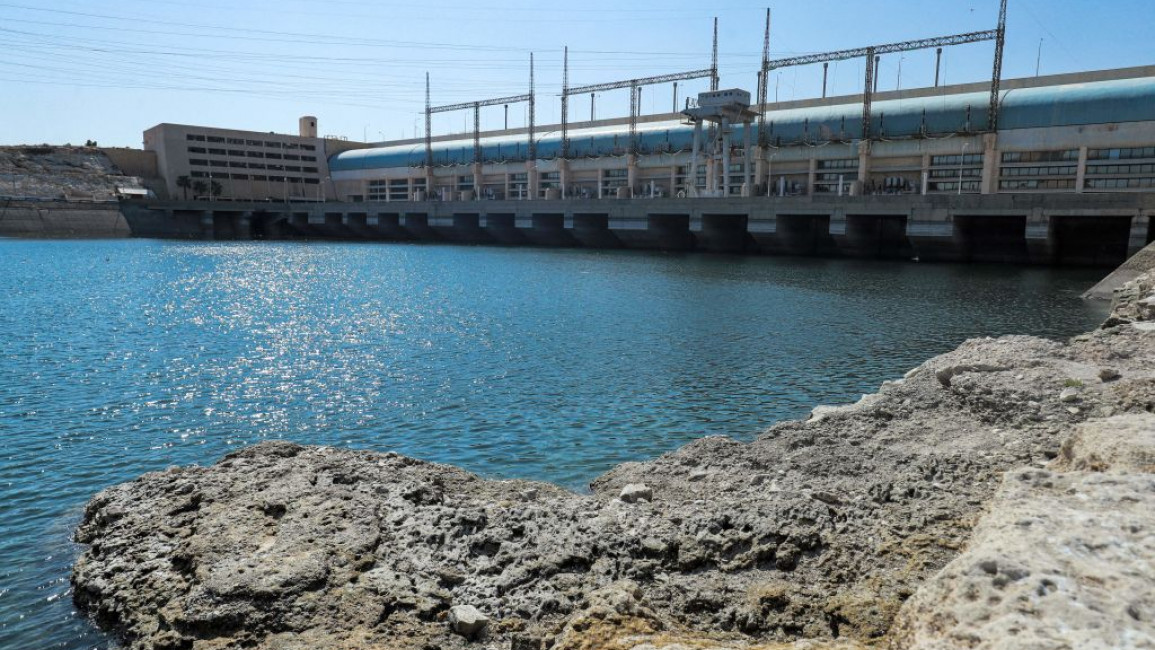The Tishrin Dam in the countryside of the city of Manbij, north Syria, stopped working 19 hours per day due to dwindling water flows from Turkish territory, an official in the dam said on Monday.
Hammoud al-Hammadi, an official at Tishrin Dam, told North Press that the Turkish side has decreased water supply towards Syria since April 2022 to less than 125 cubic meters per second, “which is a shocking number and less than Syria’s agreed upon share of the Euphrates River water in the agreement signed in 1987.”
Read Also: Syria Receives Two Million Doses of Oral Cholera Vaccine
According to the 1987 agreement signed between Damascus and Ankara regarding the Euphrates River, Syria’s share of water coming from Turkey is no less than 500 cubic meters per second on average, equivalent to 2,500 barrels. However, that share has fallen below 200 cubic meters per second.
The official stressed the importance of dams as vital facilities in north and east Syria that, under international law, should not be targeted, “but does Turkey target the dams of the region by decreasing the water supply which, in turn, stops them from operating.”
The decreasing water level has almost caused the dam to go out of service, the official added.
The Tishrin Dam, 20 kilometres southeast of Manbij city, is the second largest power plant in Syria after the Euphrates Dam at the city of Tabqa.
This article was edited by The Syrian Observer. The Syrian Observer has not verified the content of this story. Responsibility for the information and views set out in this article lies entirely with the author.


